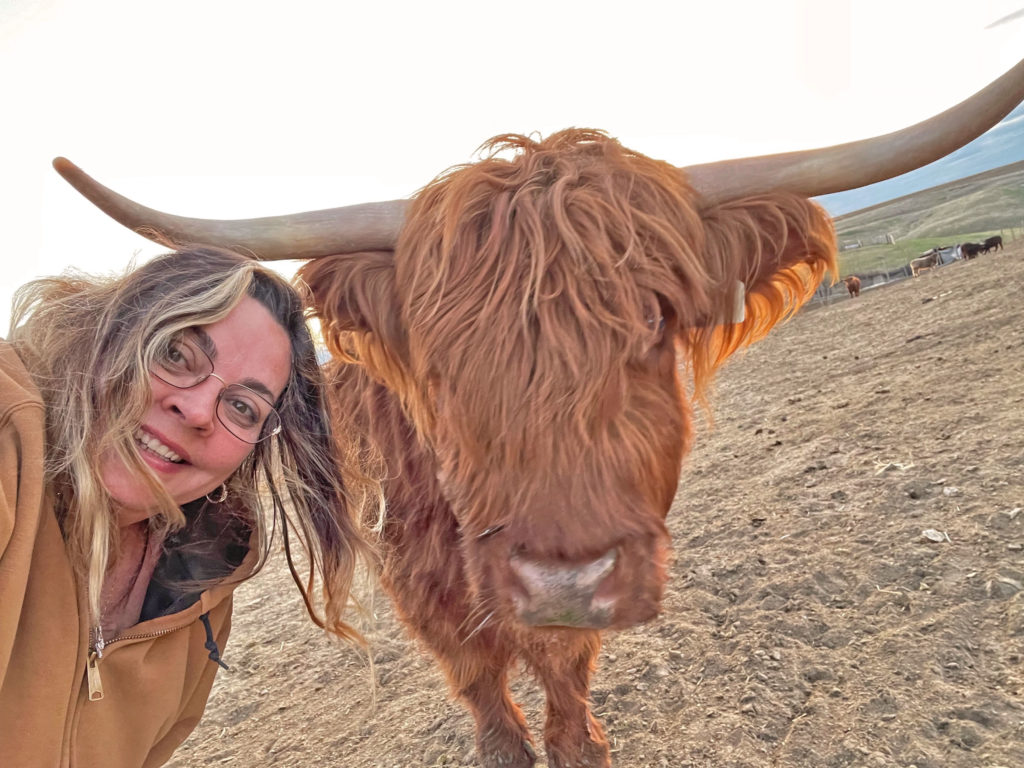Written by Cheryl Broetje, Co-founder and President

One of the first classrooms of education that I attended was held in the milk parlor of a small dairy farm my parents owned. Twice a day, 7 days a week, 365 days a year, “in sickness and in health” (whether he felt like it or not), my father had to see that the cows on that farm were milked. An interesting thing that I learned was that cows are willful creatures, who, although large and rather clumsy, rely on their stubborn obedience to an adaptation of the philosophy of “an eye for an eye” to get them through their day.
If they came into the barn and did not feel safe for some reason (which was quite often), they had a hard time calming down. Becoming calm was a critical part of the process. Why? Because if they were feeling upset, their already large eyes grew wider and wilder. Then, they would start dancing the side-step; then they would poop all over the floor and equipment that had just been painstakingly cleansed for their appearance. And finally, they just refused to give up their milk supply to the milker — in this case our dad. Hence, my first look at how power can be used over and against others or as a way to withhold that which the milker wants but cannot access without the collaboration of the power holder.
My father, having grown up in an era where the one emotion men seemed to be allowed was anger, had a hard time remaining calm with such an emotional group of co-workers. When he got angry, he would first use his verbal power in no uncertain terms. When that didn’t work, he would try twisting their tails. If that still didn’t work, there was no use going on at the moment.
The problem was two-fold. Not only was there less milk for the Dairygold truck driver to pick up that day but more importantly, Dad still had to find a way to help the cows recover because if they withheld their milk too long, they were in danger of getting sick and potentially dying, which in turn put our family economics at risk.
Anger and fear don’t create an environment of mutual collaboration, which it takes to increase the trust needed in order to produce anything that I can’t (or shouldn’t) do by myself.
